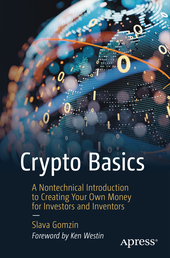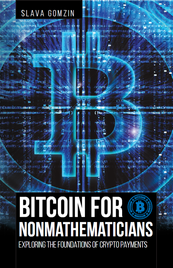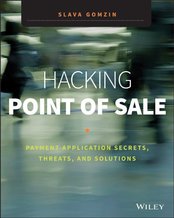"As an AI language model, I do not have access to a record of your previous questions unless you explicitly refer to them in your current question. Each question you ask is treated as a standalone inquiry, and I provide an answer based on the information provided in that specific question."
But the important question is whether this is a real barrier or artificial one. According to recent Bill Gates' article, it is still a real problem related to the high cost of computational power.
#ai #computing #chatgpt #openai


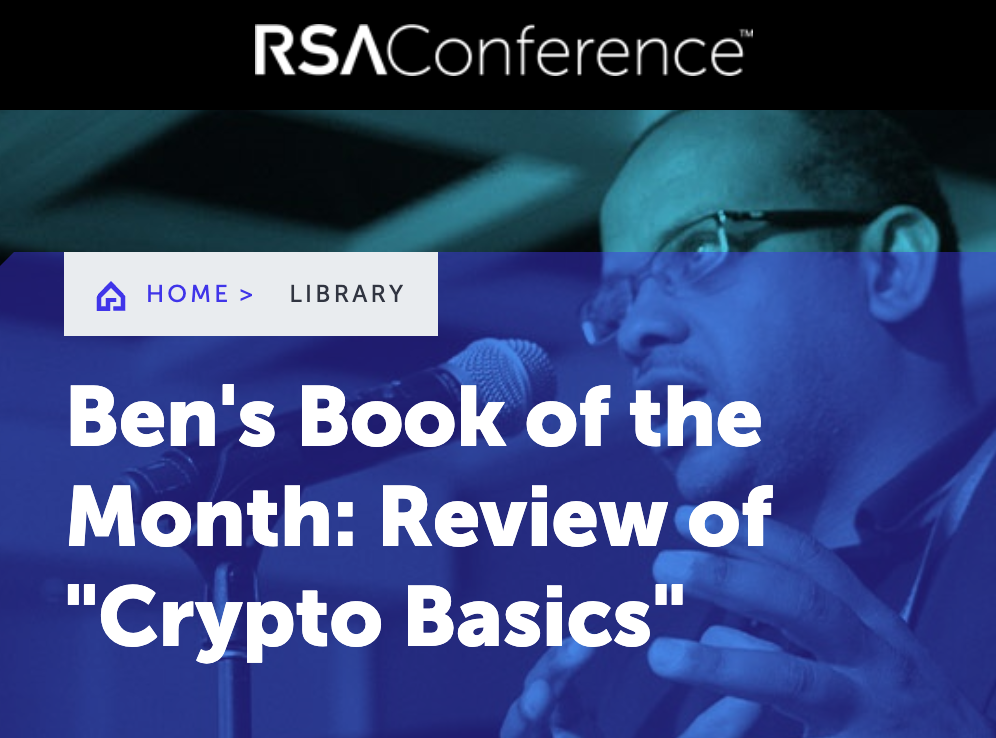
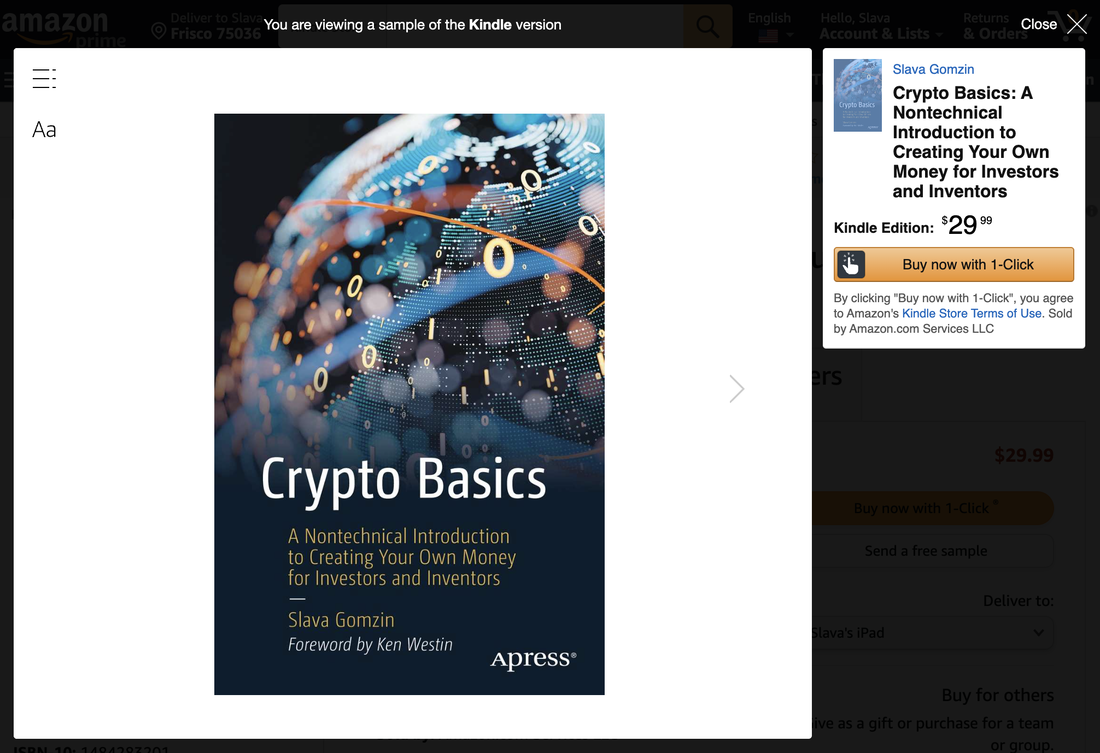
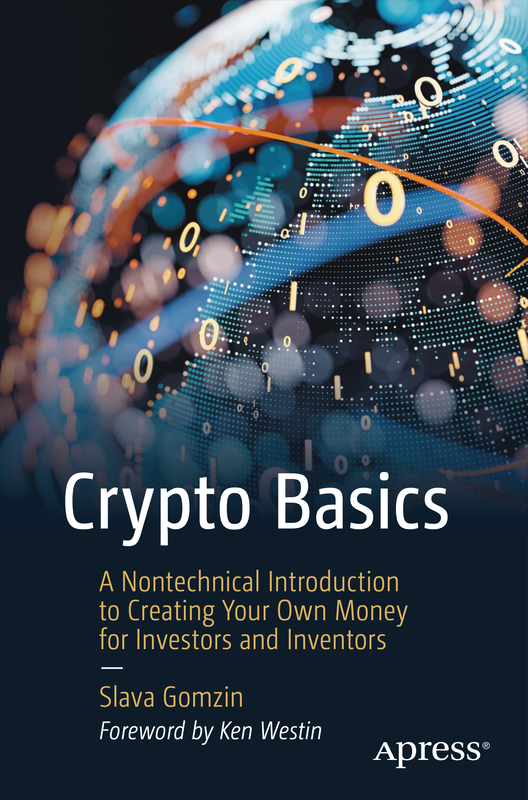







 RSS Feed
RSS Feed
